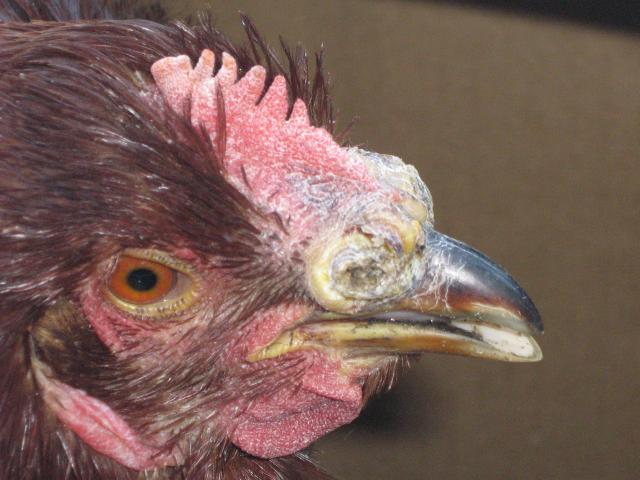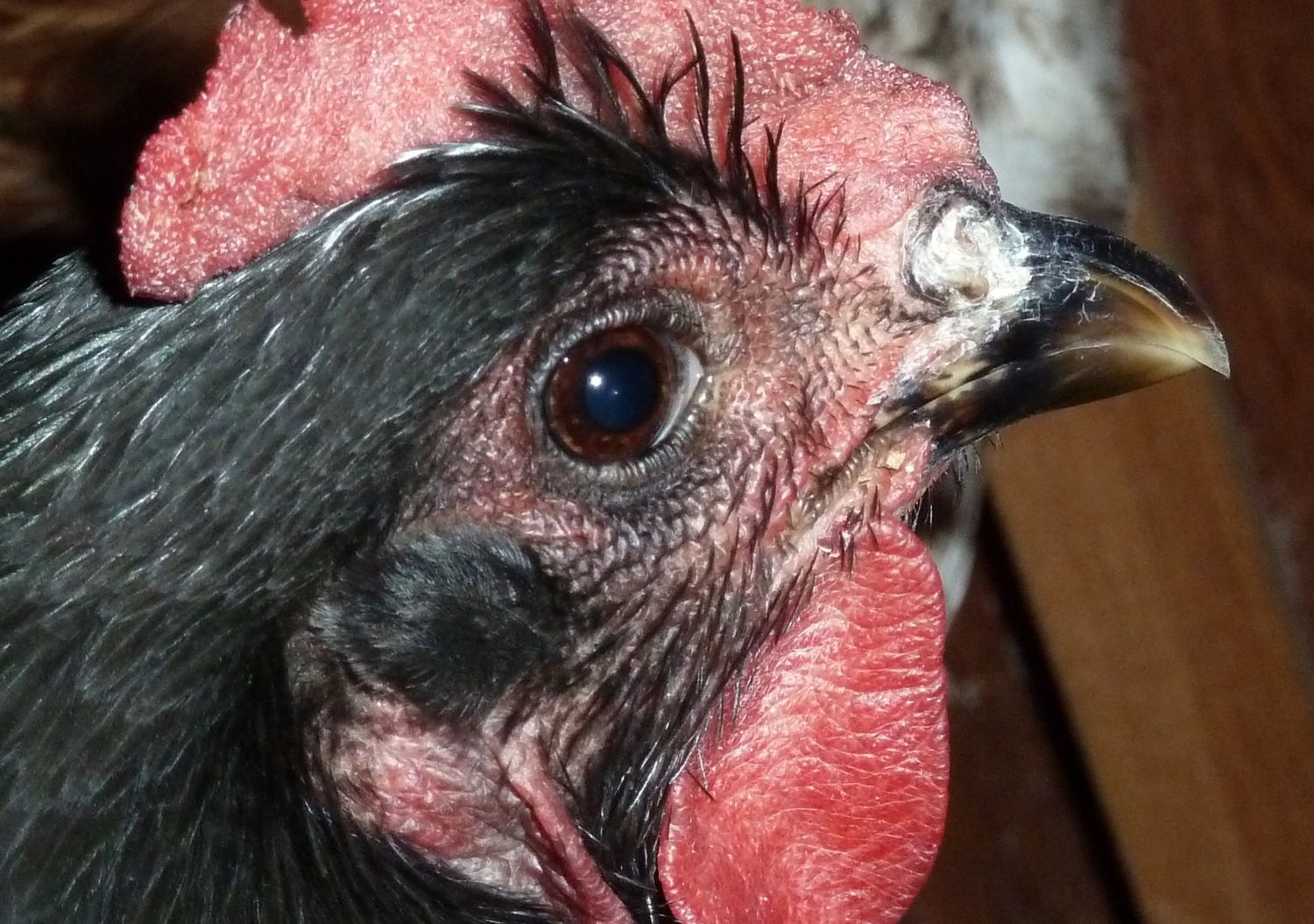- Nov 8, 2014
- 80
- 8
- 101
Is there anyone out there who has experience with clogged nostrils? What can I do?
Do chickens clean their nostrils with their claws when they scratch themselves. My rooster's middle toes are bent outward. He can't use them for scratching.
I'd very much appreciate some advice.
Do chickens clean their nostrils with their claws when they scratch themselves. My rooster's middle toes are bent outward. He can't use them for scratching.
I'd very much appreciate some advice.









